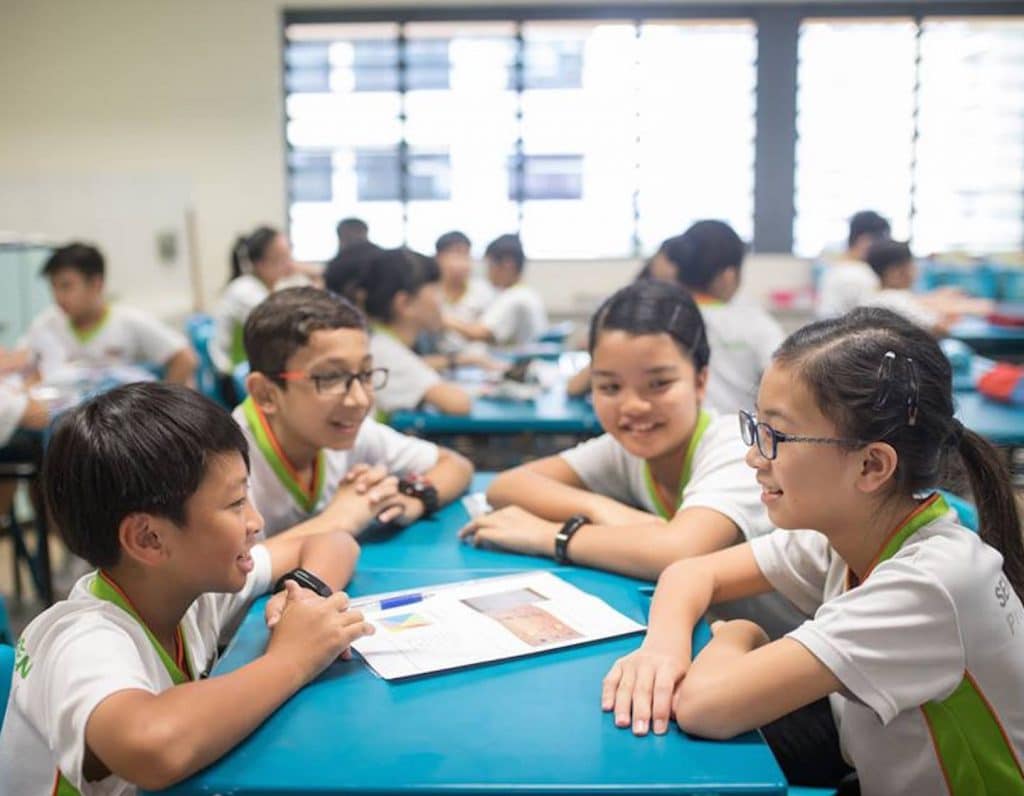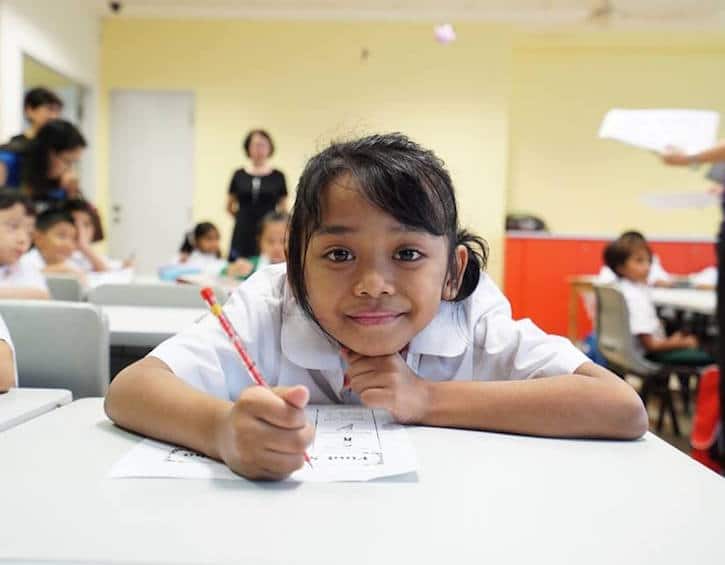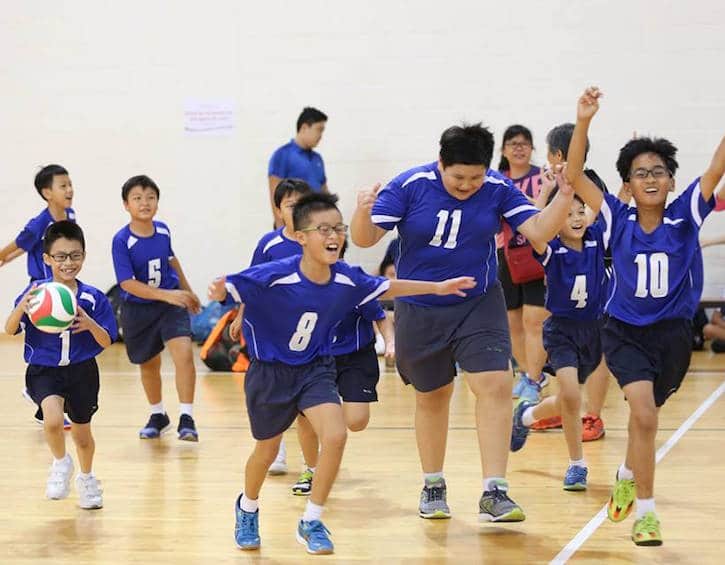

The MOE’s announcement that they’ll stop giving Primary 1 and 2 students exams has elicited mixed reactions from Singaporean parents. One mama tells us why she’s thrilled.
The Ministry of Education (MOE) recently announced that, starting in 2019, students in Primary 1 and Primary 2 will no longer be assessed with exams, nor will they be “ranked”. There will also be fewer exams (and less emphasis on them) for students in other primary grades, and instead a more holistic focus on discussions, homework, projects and quizzes. In the next five years the MOE also plans to phase in more emphasis on “soft skills” to foster social development and prepare students for a wider range of careers and life tracks. Given the extreme pressures young students face (and the major dollars Singaporean parents shell out for tuition), this all sounds pretty good to us. But there’s actually been a bit of an uproar from parents concerned about how this will impact their children’s standing and preparation going forward. Our colleague Nadia – herself a product of the Singaporean education system, with a daughter currently in P1 – shares her perspective. What do YOU think, mama?
Finally! A step in the right direction, in my opinion. A child’s “performance” in school is so much more than that almighty grade at the end of the semester. I’m actually surprised it took this long for us to realise it, but I’m glad – better late than never! Discussions, homework and quizzes are a good start to include in evaluating a child’s performance, but in my opinion, we could do even better by also including other areas like how a child is doing socially in school, amongst other factors. This will hopefully be the case when the series of “applied learning” programmes are in place starting 2023.


Abolishing exams for Primary 1 and 2 kids is a great start! But it’s really not the exams themselves that are the problem – it’s the overemphasis on how they DEFINE the child’s performance. It’s almost as if when parents see that ONE GRADE at the end of the year or semester, they heave a sigh of relief – my child is “doing well” in school and will achieve great things in life because this number said so! Or the opposite: Oh no, she’s doomed because this number indicates so!
As for primary and secondary students, I’m not so sure how simply rounding marks to the nearest whole number really helps to lower the emphasis on academic success. But I do love the fact that kids won’t be ranked top or bottom of class anymore. This was such a huge deal for my parents when I was in school. They tracked this number like hawks and it was so important to them that I ended up in the top 5. So much so that I was afraid to go home once because I was 11th in class. Yep, it was over 30 years ago and I still remember that number – 11 – thinking oh no, double digit, how will I face them? Makes me laugh now, though!


Honestly, I don’t think exams are a bad thing at all. Academic success is not a bad thing either, of course – and exams are not just something that Singaporean schools have in place. It’s used all over the world to measure students’ performance. I’m not opposed to exams at all. I just wish we’d all be careful about how much emphasis we place on their importance. And when I say “we”, I’m mainly addressing parents.
Recently, my daughter, who is in Primary 1, had a week of break and she went on a little holiday with her dad. I was 100% supportive of this, but when I told my mother (a former MOE teacher), her reaction really took me by surprise. Although I shouldn’t be surprised, really. She said that this week was meant for kids to study for their exams, which would start the following week! That my daughter should be at home revising for that instead of going on a little trip, and that it was irresponsible of me to have agreed to it.
I thought, Really? For a 7-year-old who comes traipsing home and all she cares about was some purple clay she found lodged in a school bus seat that someone had forgotten? THAT was the highlight of her day! How can exams at this stage POSSIBLY be that important. They certainly weren’t important to me, her mom. I wasn’t particularly bothered by how she would perform. Partly because I’ve been looking at her schoolwork and she has ups and downs but generally looks like she’s been paying attention and learning new stuff every day and from the worksheets I review, it also looks like she has a pretty decent grasp of all the concepts she’s learning. For me, that box was checked through the year already. I also couldn’t imagine making a child “revise” for 1 week straight for Primary 1 English, Math and Malay. The thought made me want to laugh. She was better off on that trip to India – learning about another country – in my (apparently unpopular) opinion.


Yet I’m pretty sure many parents of my generation would probably have agreed with my mom. And that’s where I think the problem really is. It isn’t in the fact that kids actually have to DO exams, I’m all for that. It’s how these exams can mean everything to parents that bothers me.
We really need to remember that how well we do in life goes beyond how well we do in school, or even in our careers. How about how well we do in friendships, relationships, and how happy we are, how much self-esteem we have, and so forth?
If anything, this is what I’ll hope will change in the future: what we as parents choose to focus on, on top of what I’m sure will be other progressive changes in Singapore’s education system.





 View All
View All





 View All
View All









 View All
View All



